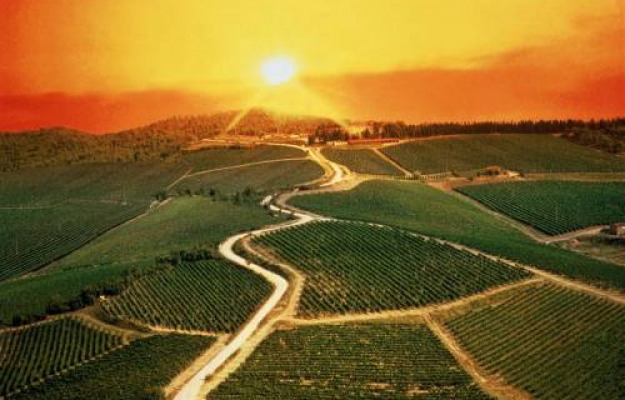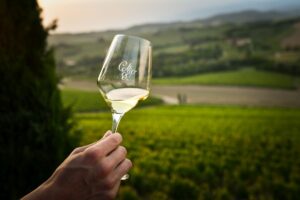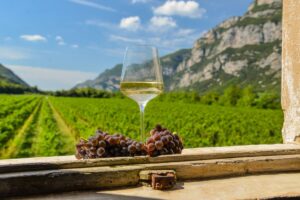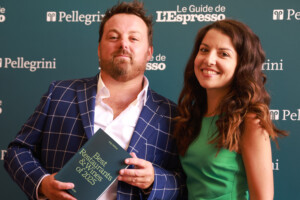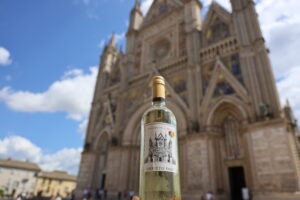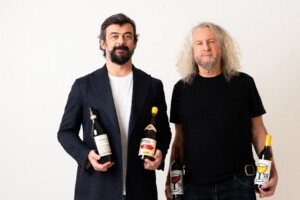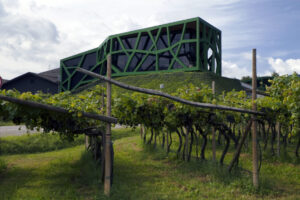Turin will be as “hot” as Karachi in Pakistan: this is more than likely what global warming will bring within 2100. “The forecast indicates up to five degrees increase in the average temperature across Europe, and Italian wine will have to deal with an African scenario. It will be a revolution, to the extent that it is possible to estimate world viticulture will rise to 800 meters altitude and 650 km latitude towards the North; i.e., an “upward race”, to find the same climate as one hundred years ago. These are the estimates of the president of the Italian Meteorological Society, Luca Mercalli, during the conference “Sustainable vineyards for sustainable climates”, held in Rome and promoted by the Alliance of Cooperatives. According to Mercalli, 68% of the Italian wine-growing area is currently subject to drought, while in 2030 it will be 89%, and in 2050, 99%. There is a possible answer to all of this, especially considering the survival of viticulture in the Mediterranean area, and Italian regions that are at risk further south, which could come from genetic research, as Professor Attilio Scienza, of the University of Milan told WineNews. “It is our goal, we are committed to finding new rootstocks (as has already been done with those of the M Series, ed.) and we are analyzing the genetic sequence of 150.000 seeds that we collected in some American states - Arizona, Texas and New Mexico - from wild vines that live in desert environments, which have evolved a series of remedies to the lack of water over millions of years. We want to cross them with our varieties, in the traditional way, with genome editing or with cis genetics, turning them into even more resistant plants. Our goal is viticulture without irrigation”. Michele Morgante, of the University of Udine, head, in collaboration with the University of Milan in the genetic improvement projects of vines is also on the same wavelength. Their studies together with the Institute of Applied Genetics have developed ten resistant varieties, cultivated by Vivai Cooperativi Rauscedo. Meanwhile, working on sustainability is a must, “and all companies must play their part”, said Santandrea, head of the Cooperatives wine sector.
Copyright © 2000/2025
Contatti: info@winenews.it
Seguici anche su Twitter: @WineNewsIt
Seguici anche su Facebook: @winenewsit
Questo articolo è tratto dall'archivio di WineNews - Tutti i diritti riservati - Copyright © 2000/2025










